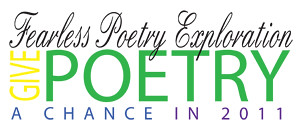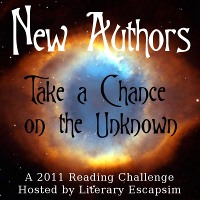
In section two, many of the poems focus on farming and the hard work that comes along with cutting through the wilderness to build a life. In many ways, this could be construed as the cloudy ascent from sleep or the struggle of growing up from childhood into adolescence and adulthood. Each journey can be arduous, but the destinations can be well worth the struggle or so Rash’s poems suggest. In “Pocketknives” (page 18), “vanity of men caught once/when dead in a coat and tie,/so ordered from catalogs,/saved and traded for, searched for/in sheds and fields if lost, passed/father to son as heirlooms,/like talismans carried close/to the bone, cloaked as the hearts/” But there is a subtly to the hope in these poems.
Each poem in this collection relies heavily on nature imagery and the suppositions the poet makes, and Rash seems to be reflective and regretful in some, while content and accepting in others. Many of these poems can weigh heavily on the reader, especially if read in sequence. The prologue poem really sets the tone for the collection, which can fulfill a dreary day or provide a modicum of solace for those who are feeling reflective. The poem suggests that readers pause, reflect on their lives and moments with family and friends to see the true nature of them rather than rush through daily activities and becoming absorbed in the mere movement of life.
Resolution (page xi) The surge and clatter of whitewater conceals how shallow underneath is, how quickly gone. Leave that noise behind. Come here where the water is slow, and clear. Watch the crawfish prance across the sand, the mica flash, the sculpen blend with stone. It's all beyond your reach though it appears as near and known as your outstretched hand.
Waking by Ron Rash is a solid collection of poems that shifts between reality and dreams and nostalgia and how things are. Readers interested in the Southern traditions and culture will see a brighter presence of the majestic mountains and sparkling rivers. They will see nature as it is and how southerners interact with it and build lives from the frontier that still exists.

Ron Rash is the author of three prize-winning novels: One Foot in Eden, Saints at the River, and The World Made Straight; three collections of poems; and two collections of stories. A recipient of the O. Henry Prize, he holds the John Parris Chair in Appalachian Studies at Western Carolina University.






Is this the same Ron Rash who wrote SERENA?
That one has been on my list of to-reads forever.
What you shared here piques my interest. I think I just need you to select poetry for me and then all will be well in poetry land.
Yes, the very same Ron Rash. I have Serena on the shelf unread, but now I really am more interested in reading it. Maybe you should stop by when I give away the extra copy I have during Mailbox Monday.
This sounds like an interesting collection, but I think there’s only so much I can take of desolation at once. I’d definitely have to read this one slowly over a period of time.
It is a bit tough to take all at once, but I think they are really well done in setting the mood.
I need to pick this back up. As you know, I was struggling with it. Rash read from it at SIBA and I found I really enjoyed it then. I plan to try reading some of the poems out loud.
I think reading out loud does help.